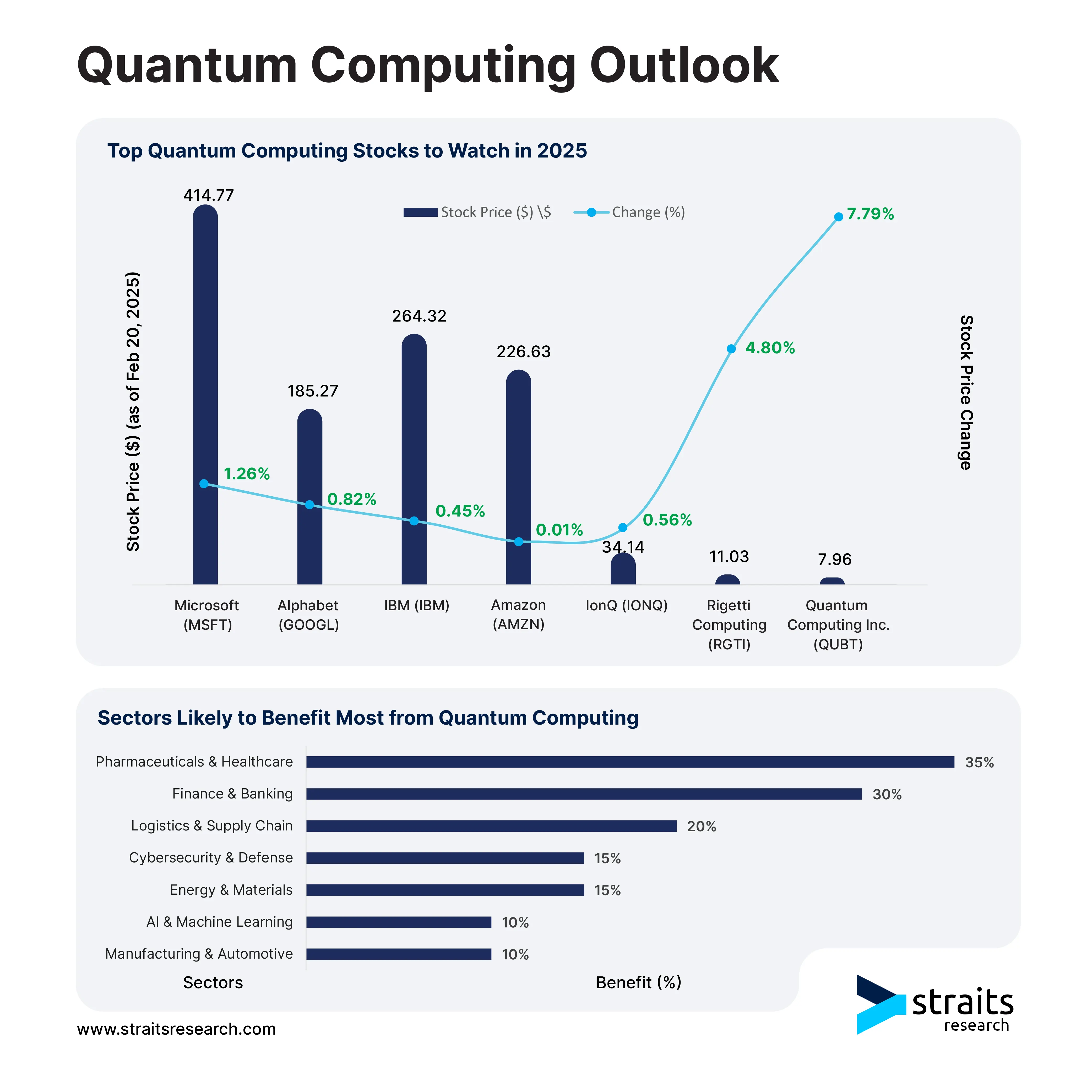Microsoft Unveils Majorana 1, Its Revolutionary Quantum Chip

Microsoft has taken a major step forward in the quantum computing race by unveiling Majorana 1, its first quantum computing chip. This breakthrough is powered by the world's first topoconductor, a novel class of material designed to enhance quantum stability and reduce computational errors. Even though AI today rules the digital world, quantum computing is subtly making advances that have the potential to completely change computation in the future. By using topological qubits, which are by nature more stable and error-resistant than conventional superconducting qubits, Microsoft hopes to solve scalability, one of the most important issues in quantum computing, with Majorana 1.
Majorana 1 exhibits tenfold lower error rates per gate operation and several orders of magnitude longer coherence times than traditional quantum processors, which suffer from coherence and error rates. This implies that prolonged qubit state maintenance by Microsoft's quantum processor enables more precise and effective calculations. Even while Majorana 1 only has 8 qubits, much fewer than Google's Willow, which has 105 qubits, or IBM's Condor, which has 1,121 qubits, its architecture is made to scale to a million qubits in the future. This puts Microsoft at the forefront of creating quantum systems that may eventually surpass traditional supercomputers in resolving challenging real-world issues like enhancing pharmaceutical research, creating climate-resilient crops, and streamlining international logistics.
Growth of the Quantum Computing Market
The quantum computing market is expected to grow exponentially, with a compound annual growth rate (CAGR) of 29.5%, potentially reaching a market value of over $11.94 billion by 2033. Its economic impact could exceed $1 trillion by 2035, transforming industries such as pharmaceuticals (35%), finance & banking (30%), logistics & supply chain (20%), and cybersecurity & defence (15%). Microsoft has already invested over $1 billion in quantum research and development, underscoring its commitment to pushing the boundaries of quantum technology.
Interestingly, Microsoft stands out from its competitors because of its emphasis on qubit stability and error correction as competition intensifies. IBM's Condor chip, which was unveiled in 2023, aims for scalability, while Google's Willow chip, which was released in December 2024, prioritizes error correction and a high qubit count. However, Microsoft's strategy places more emphasis on long-term dependability than on quick qubit expansion, which may be crucial in the push for widely used, large-scale quantum computing.
Additionally, these developments have caught the attention of the financial markets, as seen by the 1.26% gain in Microsoft's stock (MSFT) to $414.77. There have also been slight increases for other major participants in the quantum domain, including Amazon (AMZN) at $226.63, IBM at $264.32, and Alphabet (GOOGL) at $185.27. Notable stock shifts have been seen by dedicated quantum computing companies such as IonQ (IONQ), Rigetti Computing (RGTI), and Quantum Computing Inc. (QUBT), reflecting rising investor confidence in the long-term potential of the industry.
The future
In the future, it is anticipated that the combination of artificial intelligence (AI) and quantum computing, commonly referred to as "Quantum AI," will transform domains like machine learning, financial modelling, materials research, and drug development. AI systems will be able to perform and optimize calculations at previously unheard-of speeds by utilizing quantum power, which could lead to the solution of issues that traditional computers are unable to solve. Furthermore, AI may be essential for enhancing error correction methods, honing quantum algorithms, and raising the general effectiveness of quantum processors.
The quantum industry still has a lot of obstacles to overcome despite its huge potential. Progress is nevertheless hindered by qubit instability, high error rates, vulnerability to noise (decoherence), and the difficulty of preserving quantum coherence at scale. However, breakthroughs like Majorana 1 provide a promising glimpse into a future where quantum computing moves beyond research labs and into real-world applications.
The Majorana 1 chip from Microsoft is an important breakthrough in the field of quantum computing. Innovations like Majorana 1 can potentially solve some of the most important problems facing the world as the market for quantum computing grows and competitiveness between industry leaders intensifies. While AI and quantum computing continue to integrate, the potential for breakthrough applications across industries becomes even more profound.




